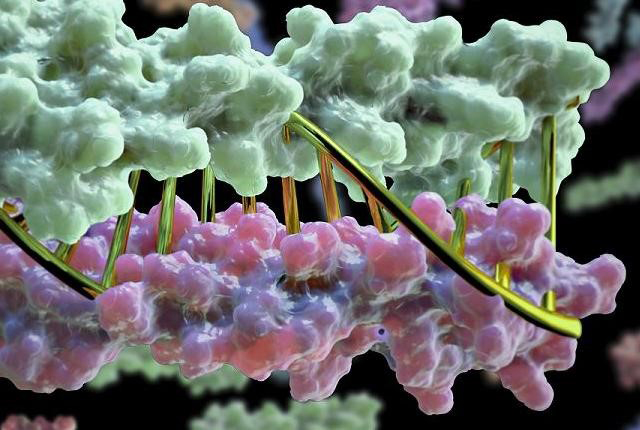
Bringing FAIR Principles to AI Models
Researchers extend findable, accessible, interoperable, and reusable principles for datasets to scientific datasets and software.

Researchers extend findable, accessible, interoperable, and reusable principles for datasets to scientific datasets and software.

Theory uncovers the formation process and dynamics of atomic-scale defects for generating and controlling qubits for quantum computers and sensors.

FAIR (findable, accessible, interoperable, reusable) principles facilitate the use of large data sets by human and machine researchers.

Extreme-scale turbulence simulation and AI discover a formula to predict the crucial exhaust heat-load width in future tokamak fusion reactors.

Nuclear theorists explore the properties of dense neutron matter to get at the core of neutron stars.

New laser-driven experiments and numerical simulations reveal an electron acceleration mechanism relevant to young supernova shock waves.

Machine learning-based algorithm characterizes materials’ microstructure in 3D and real time.

X-ray scattering measures the positions of atoms as they vibrate in a two-dimensional cover sheet.

Using advanced computing, scientists designed protein pairs that perfectly complement each other

By rotating materials commonly used in computer storage devices, scientists found a new way to change their intrinsic properties

Algorithms supporting a “microscope in a computer” tool enable early screening of several major cancers

Developing computer models of the plasma in a unique device is helping a company take the next steps towards producing power